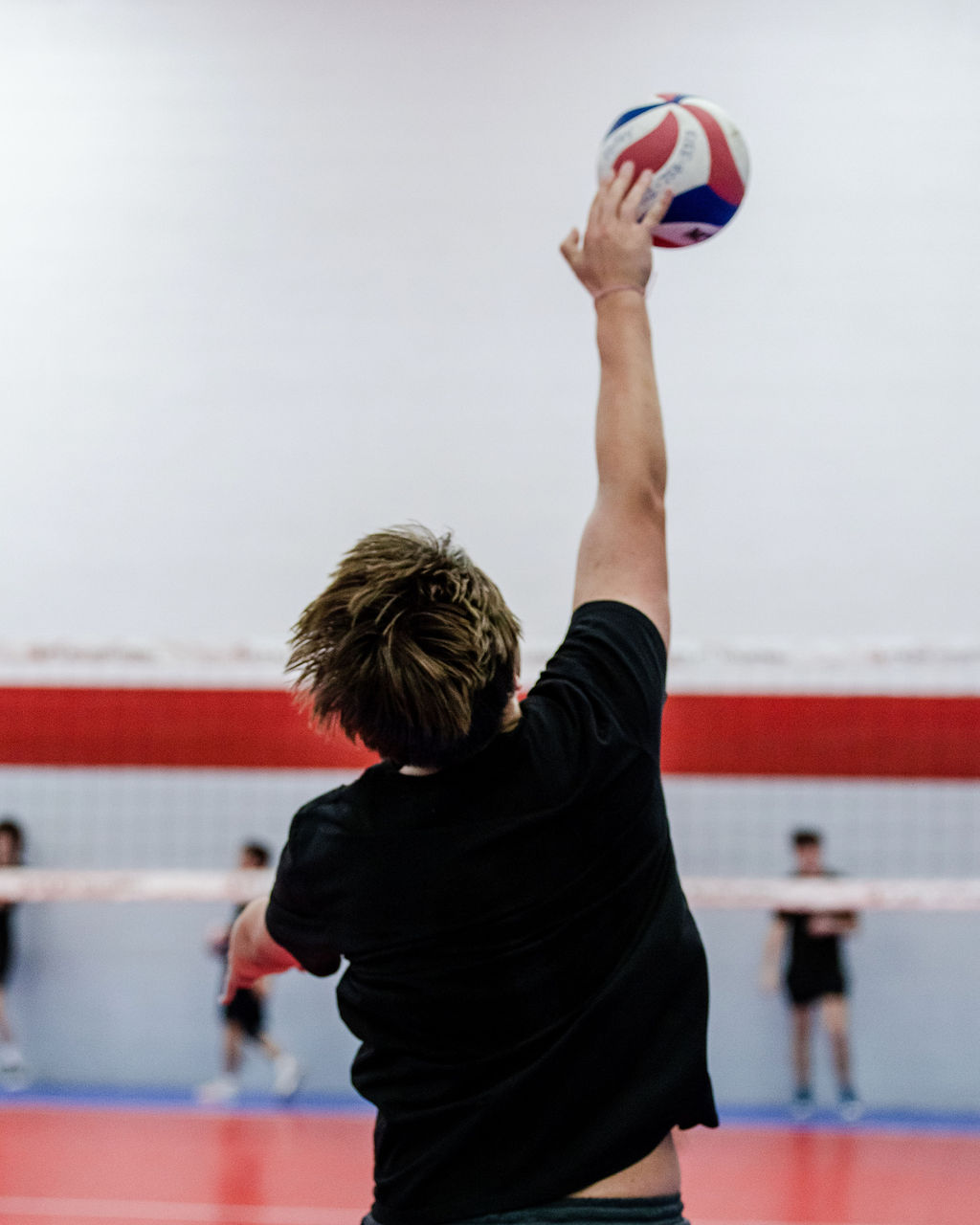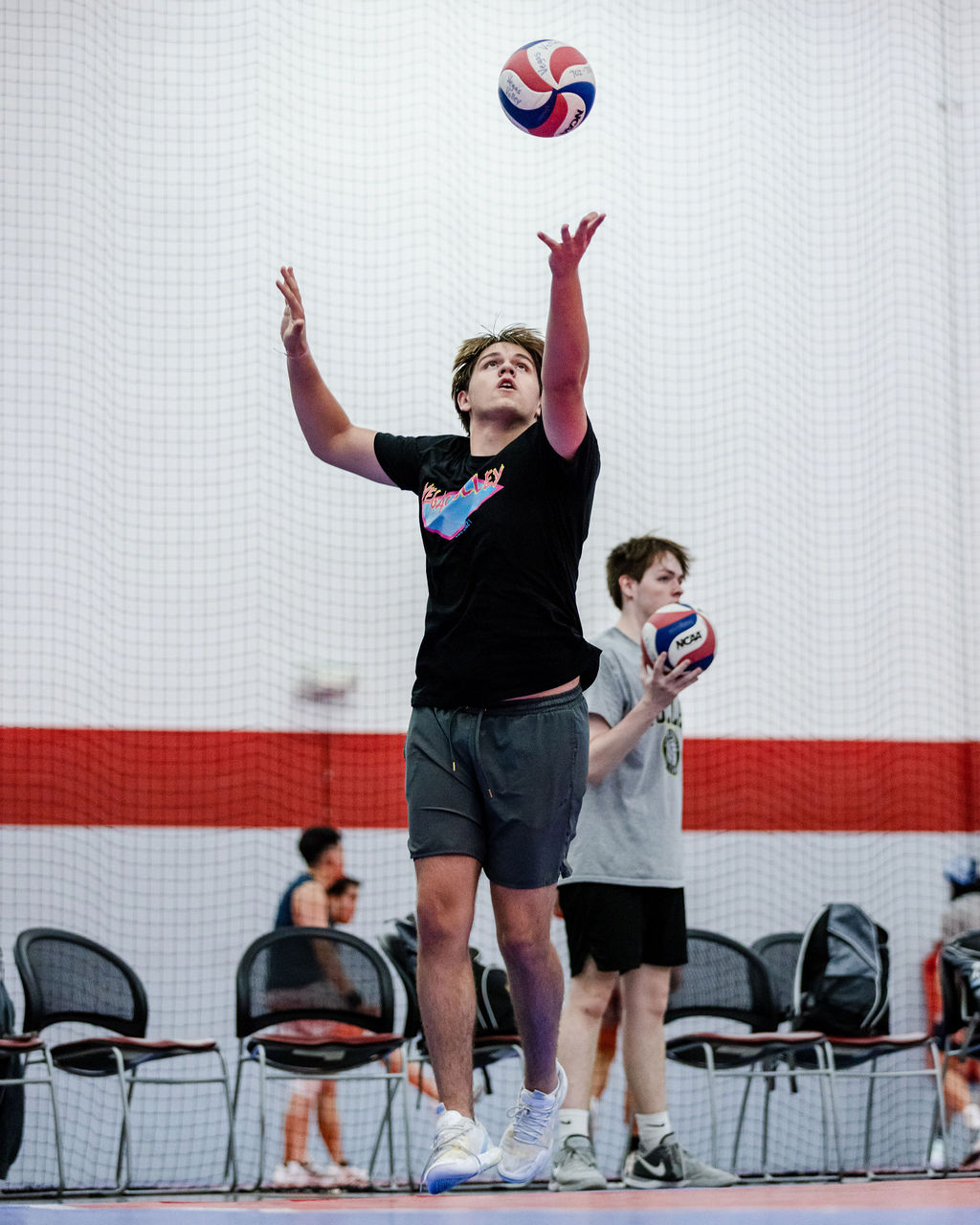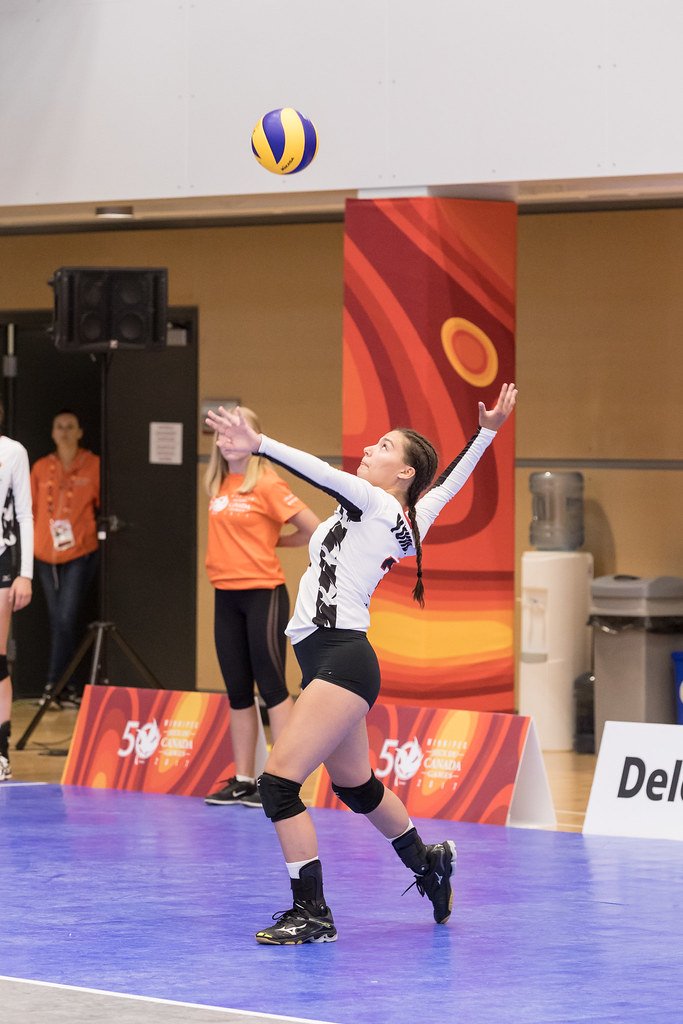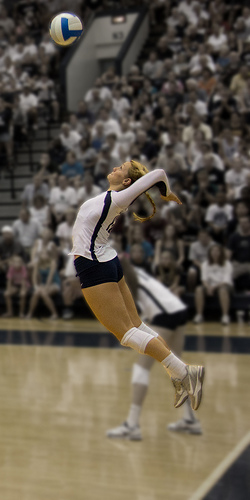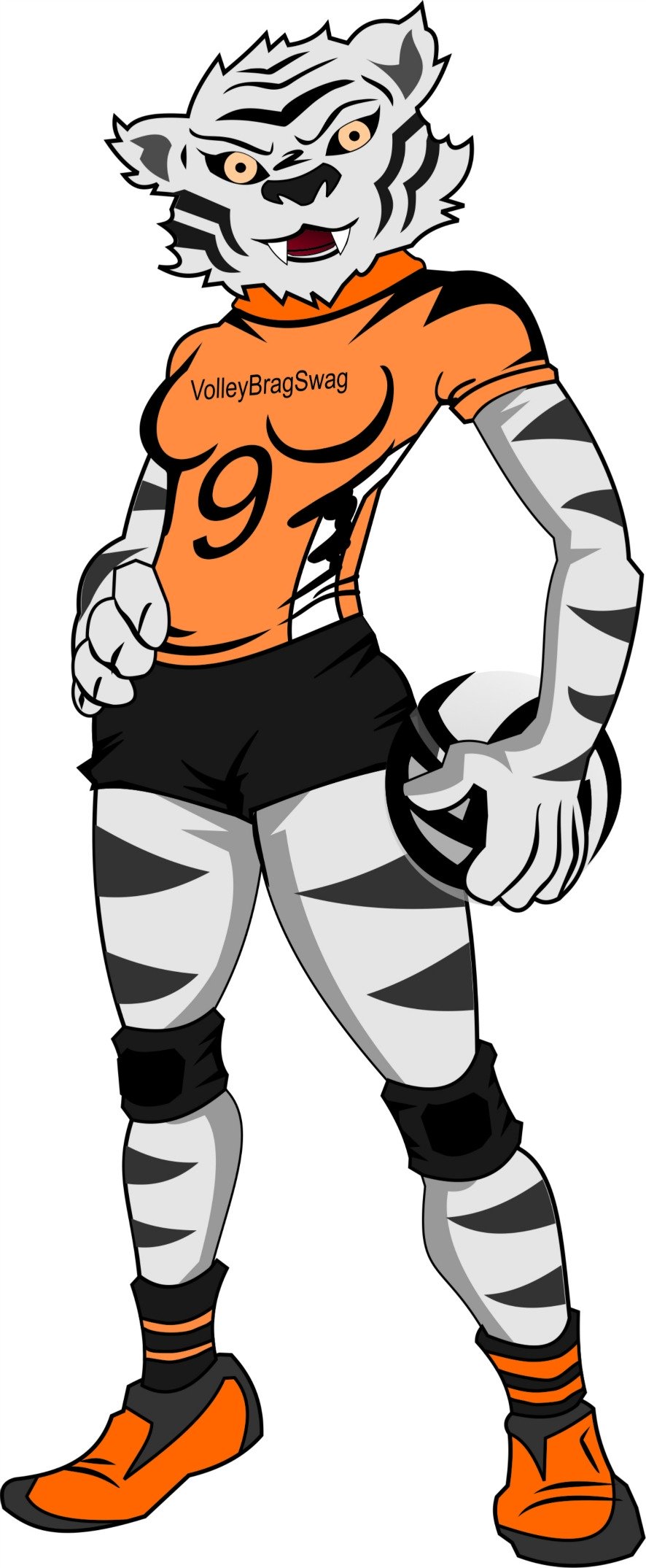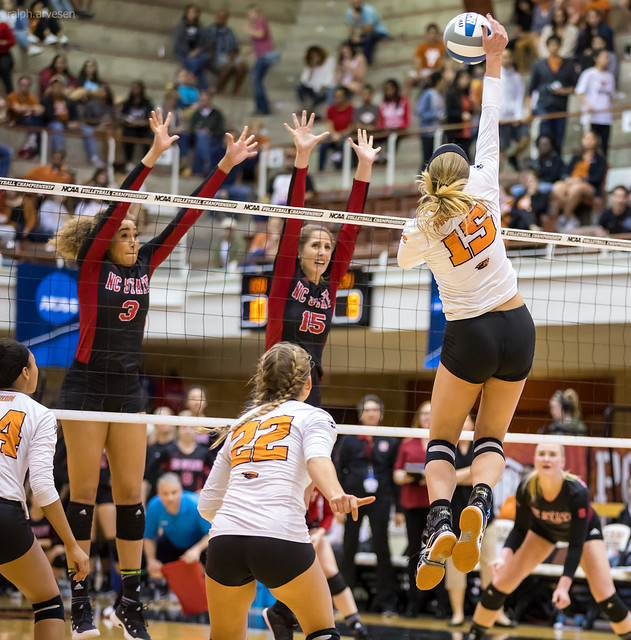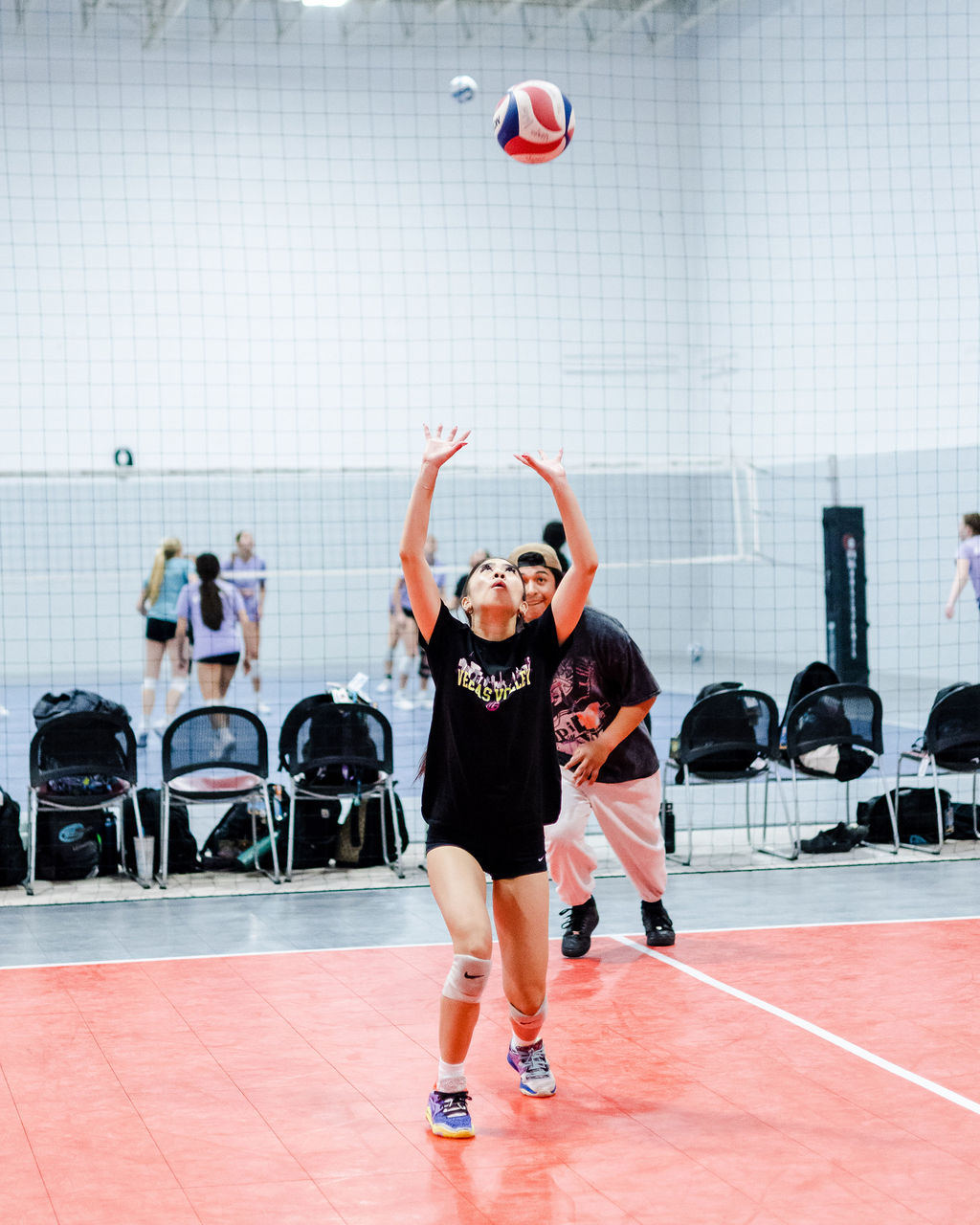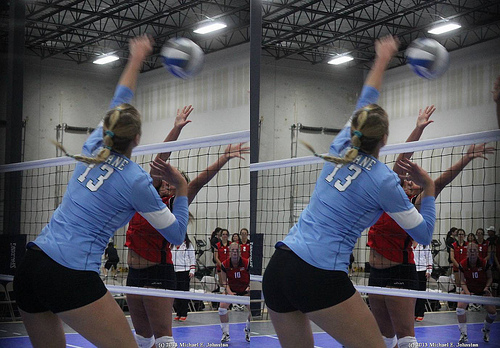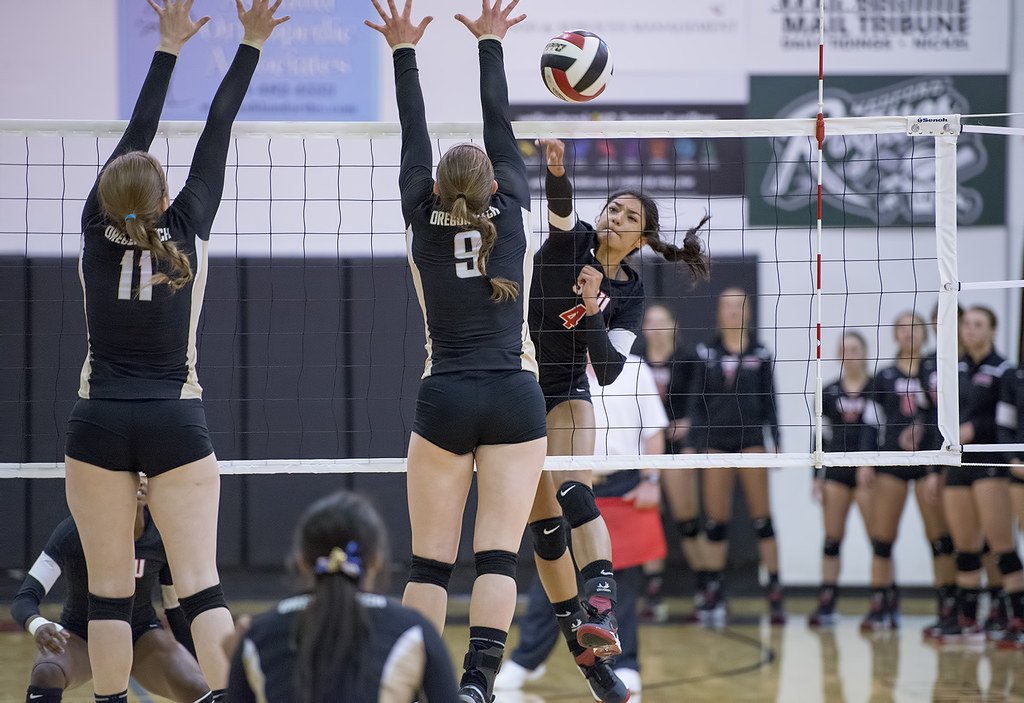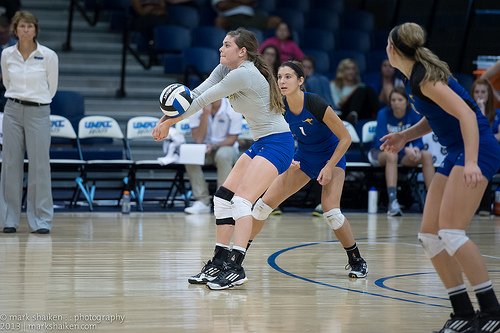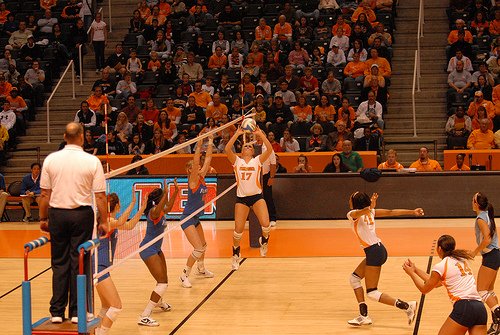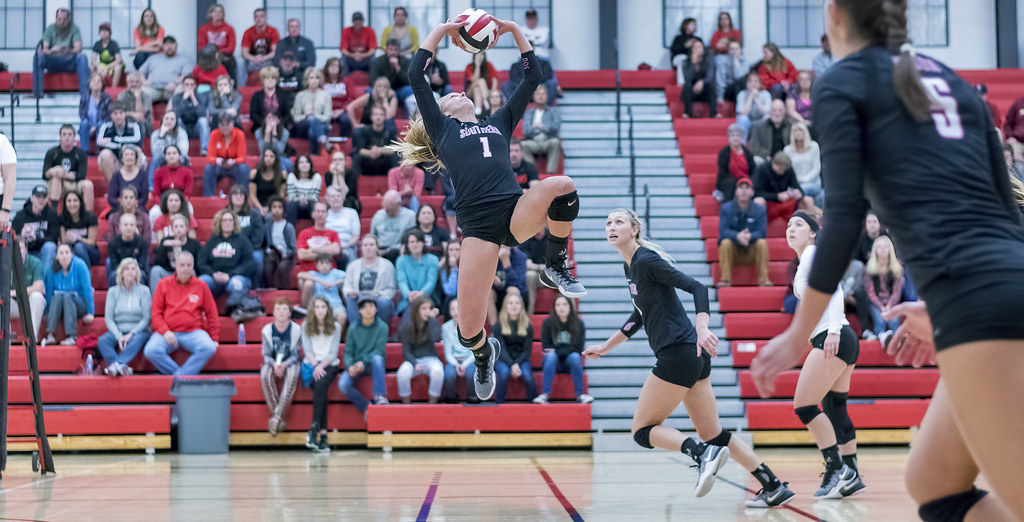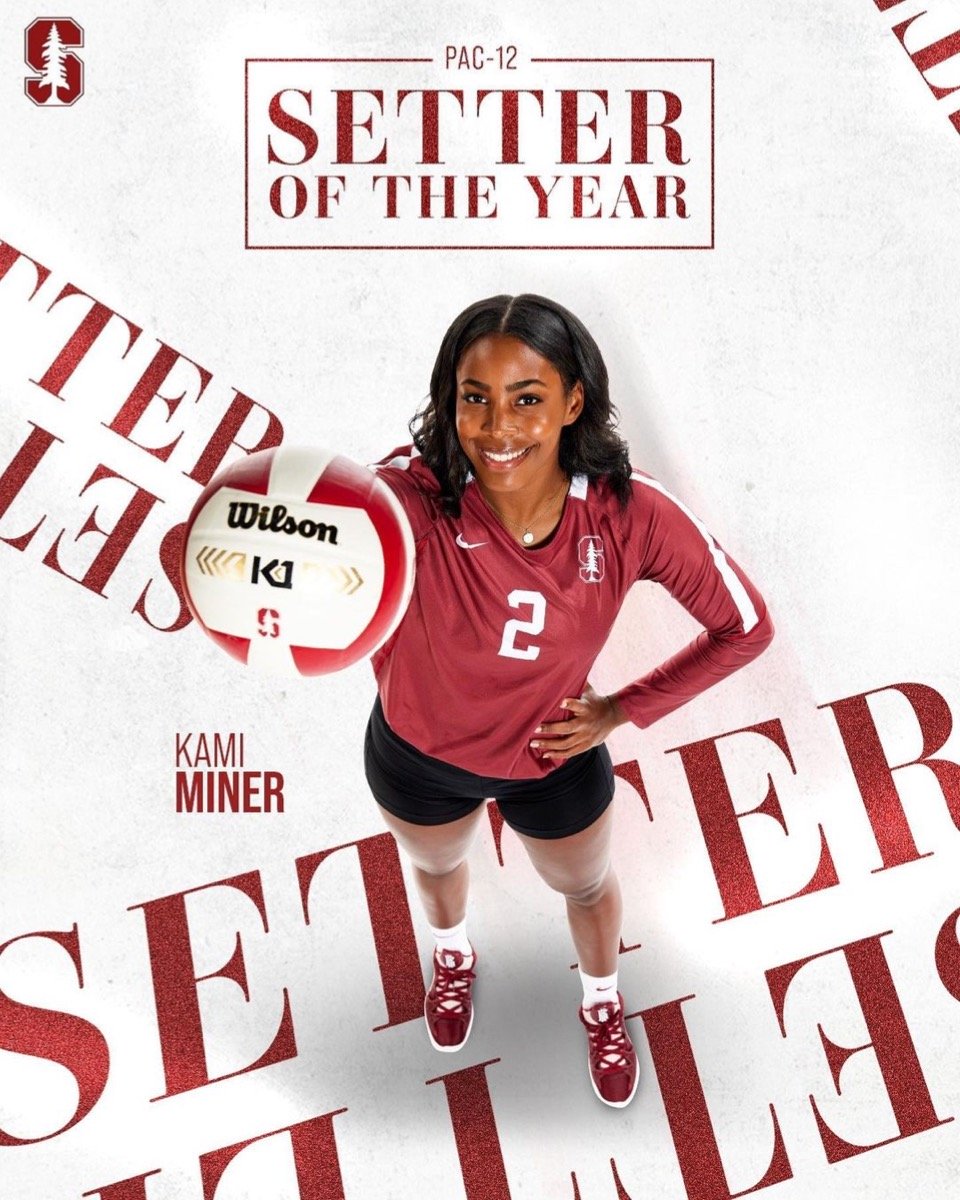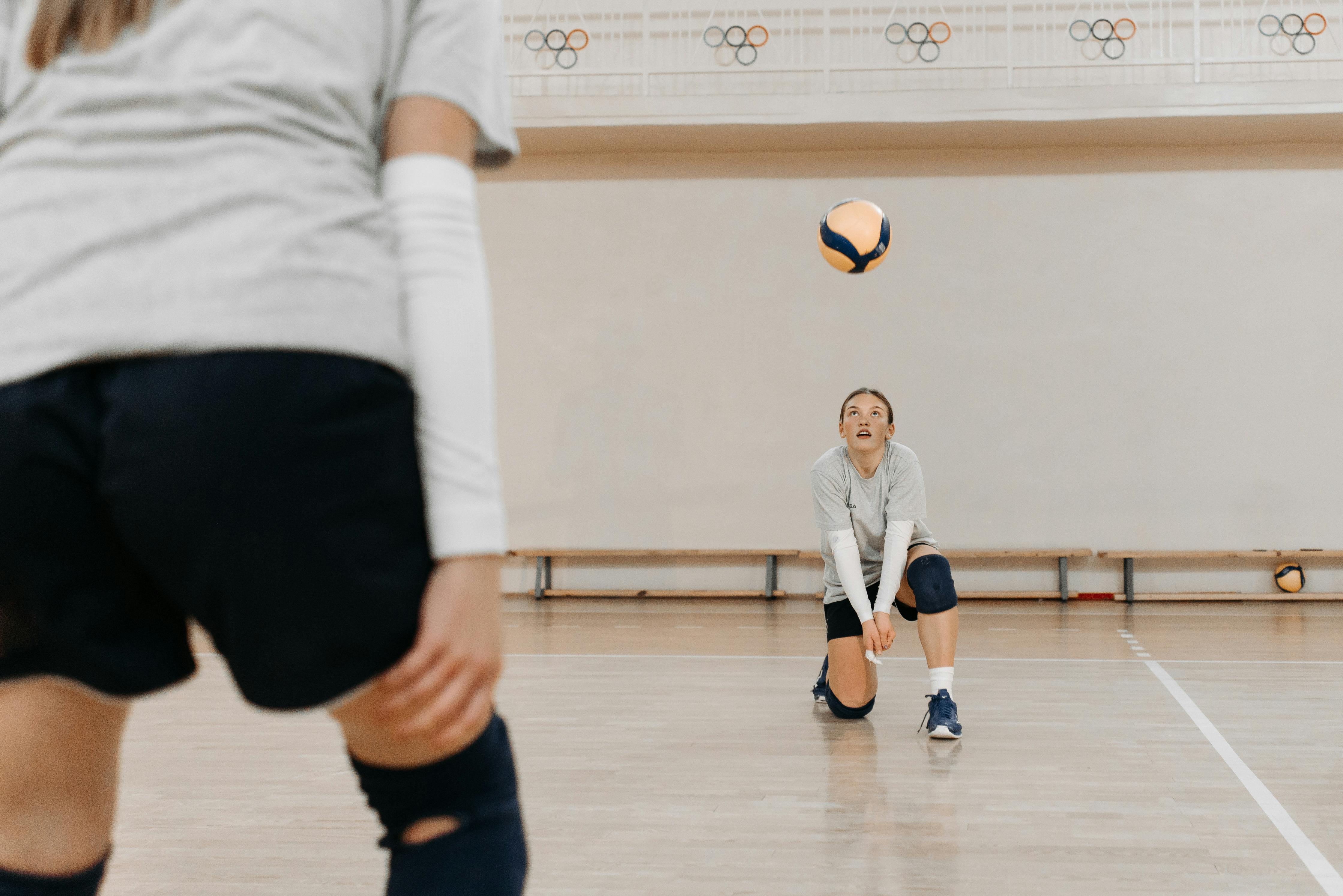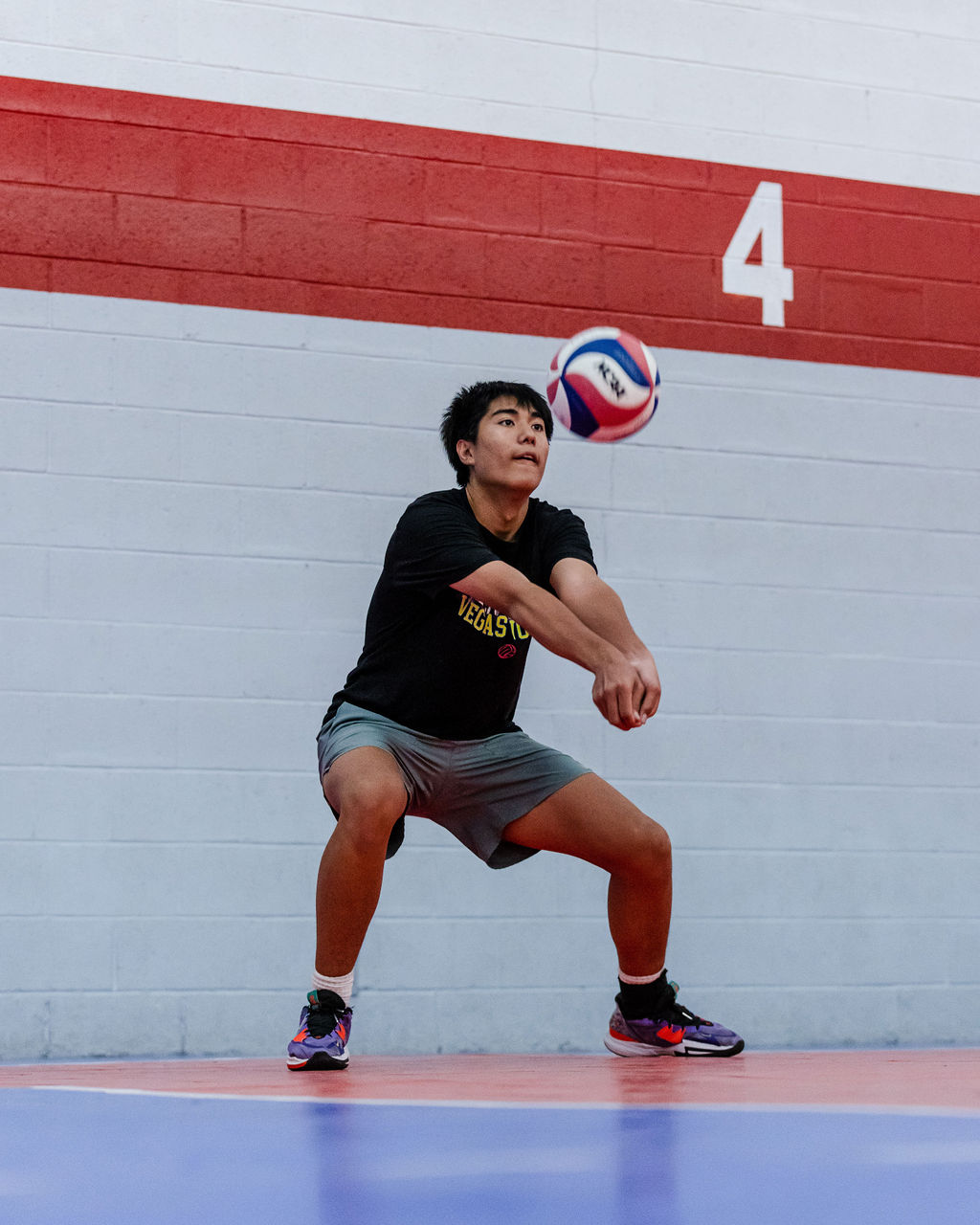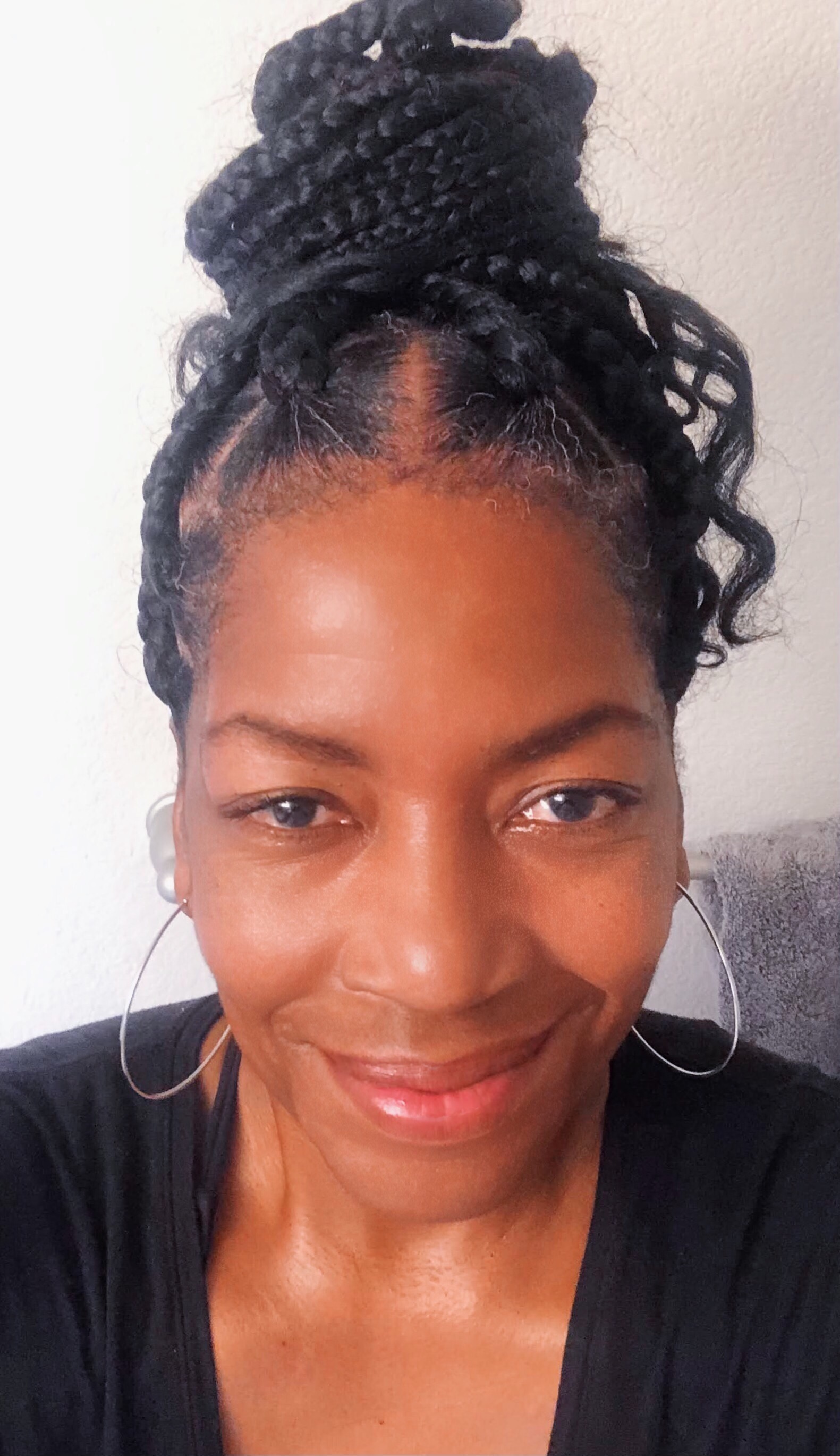- Improve Your Volleyball with Coach April
- Definition of Terms in Volleyball Blocking: Stuff and Read Blocking
- The Service Volleyball Definition: Explore the Basics About Serving In
 Dear Volleyball Mom,
Do You Know What Sets My Private Volleyball Training Apart From Anyone In Vegas?
I invite You to read what my private volleyball training mission says before considering hiring me as a private volleyball coach because I'm not available for everyone.
Dear Volleyball Mom,
Do You Know What Sets My Private Volleyball Training Apart From Anyone In Vegas?
I invite You to read what my private volleyball training mission says before considering hiring me as a private volleyball coach because I'm not available for everyone.The Service Volleyball Definition: Explore the Basics About Serving In
Power up your volleyball game by understanding the service volleyball definition. Improve your serving technique and learn how to serve after a timeout.
The service in volleyball, also known as a volleyball serve, refers to the act of initiating play by sending the ball over the net to the opposing team's court.
It is the first contact made by a player when their team is in possession of the ball.
In this article, I will explore the service volleyball definition and provide insights on how to effectively serve after a timeout
Take Control: The Power of Your Volleyball Serve
When coaching serving I focus first on improving and performing the fundamental basic serving skills.
I can't emphasize enough that you are the only person who controls the effectiveness of YOUR serve.
Improving your volleyball service technique is the one fundamental skill you can do without the help or intervention of anyone else to score a direct point for your team.
That is very powerful and trust me even many elite players don't take advantage of this unique opportunity.
Serving After a Timeout: Tips and Strategies for Success
The first place to serve after a team calls timeout is In the court
After a team calls a timeout, it is crucial to serve the volleyball effectively to maintain your team's momentum.
Considering the pressure of the situation, here are some tips and strategies to help you serve successfully after a timeout:
1. Take a deep breath and stay focused:
It's natural to feel some pressure after a timeout, but staying calm and composed is key.
Take a deep breath to relax your mind and focus on the task at hand.
2. Prioritize consistency over power:
Focus on getting your serve in the court rather than trying to hit an aggressive shot that may result in an error.
3. Aim for strategic placement:
Consider the positioning of the opposing players and assess any weaknesses or open spaces in their court.
4. Vary your serve:
Mix up your serving techniques by alternating between overhand and underhand serves.
This can keep the opposing team off balance and make it more challenging for them to anticipate your serves.
Are you a tough volleyball server?
As a tough volleyball server, your job is to be comfortable serving anywhere and anyone from behind the service line with pace and precision in order to score points.
When you do your volleyball drills for serving practice you want to do tons of reps to every single one of the six positions on the court.
You want to be able to hit those targets from anywhere behind the service line.
Targets to aim for during your volleyball drills for serving:
-serve seams
-serves the sidelines
serve outside hitters deep in the court
Some players think that being a tough volleyball server means you need to really be sneaky and try and fake out the serve receive by not showing where you are going to serve.
On the contrary I say...let everybody know where you are going to serve.
Face Your Target.
5. Practice proper technique:
Ensure that your serving technique is accurate and consistent.
Remember, after a timeout, the primary goal is to keep your serve in play and maintain your team's momentum.
By incorporating these specific tips on serving after a timeout, the content better addresses the search intent for the keyword "service volleyball definition" and provides valuable guidance for readers looking for information on this topic.
Navigating the Service Zones: Where to Serve the Ball
Click below to read more serving tactics on scoring more points from the service line.
Serve in the Court: The Key to Maintaining Momentum
This may sound funny or obvious but serving a tough ball in the court after a team has called a timeout is not always easy.
If a volleyball team has scored several points in a row and the opposing coach calls a timeout elite athletes always try to follow the Golden Rule "Keep your serve in" after a timeout has been called.
Why?
Because the opposing coach has called the timeout for several reasons ...one of which is to specifically distract YOU the server in hopes of getting you to MISS your serve which can instantly change the momentum of the game.
You keep your team's point scoring momentum ...by keeping your serve...in the court.
Exploring the Technical Aspects of a Volleyball Serve
During my Breakfast Club for College Players summer training for college players in Vegas home for the summer we work on partner jump float serving technique where two servers at a time in two different lines serve behind Zone 1 and Zone 5 to a designated spot on the opposing court.
Pairs work together to get the ball "in" and if one player in the serving pair misses their serve neither of the two score a point for their team.
So no point for the two people serving and no point for the team they represent so the pressure feels like its double the weight.
The more we do this drill the more the server feels the weight of making their serve in.
Let's dig into the technical aspects of a volleyball serve to help you master this fundamental skill:
1. Technique:
A successful serve begins with a proper stance and footwork. Start in a balanced position, with one foot slightly ahead of the other and your weight evenly distributed.
As you prepare to serve, step forward with your non-dominant foot while swinging your serving arm backward.
The ball should pass over the net and into the opposing team's court.
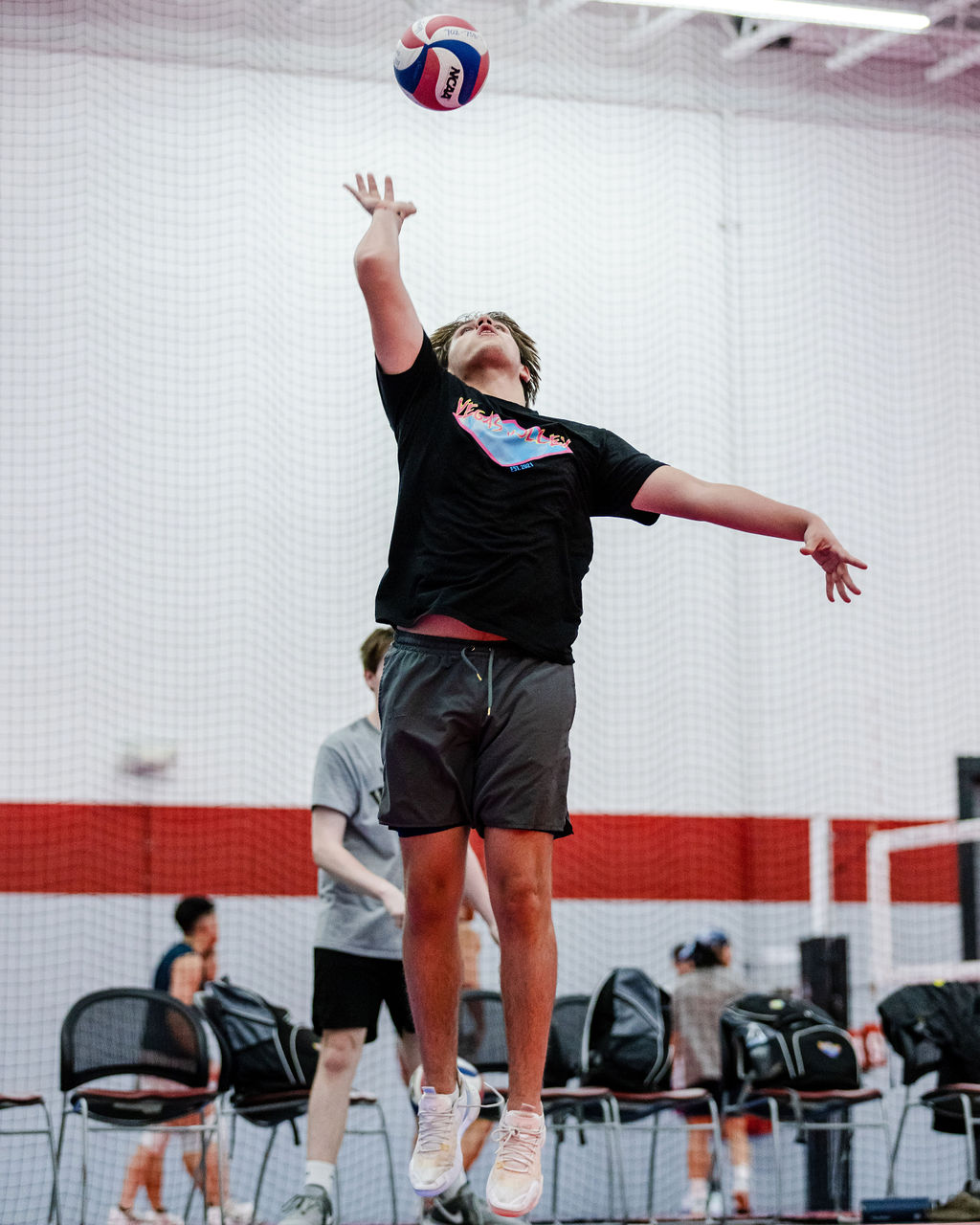 Service Volleyball Definition: There are various types of serves in volleyball, including the float serve, topspin serve, and jump serve. The float serve involves minimal spin on the ball, resulting in an unpredictable trajectory.
Service Volleyball Definition: There are various types of serves in volleyball, including the float serve, topspin serve, and jump serve. The float serve involves minimal spin on the ball, resulting in an unpredictable trajectory.2. Service Zones:
In standard volleyball, there are six zones labeled from 1 to 6, starting from the right back corner clockwise.
The server can choose any zone from which to serve the ball.
3. Serve Types:
The float serve involves minimal spin on the ball, resulting in an unpredictable trajectory.
The topspin serve creates a downward or dipping motion, making it more challenging to receive.
The jump serve incorporates a running start and an explosive jump to generate power and speed.
4. Service Faults:
It's essential to adhere to the rules of serving to avoid committing service faults.
Some common faults include stepping on or over the service line, failure to strike the ball cleanly, serving out of order, or serving before the referee signals to begin play.
These faults result in a lost serve and a point awarded to the opposing team.
Practicing different serve types and minimizing service faults will increase your effectiveness on the court, bring momentum to your team, and contribute to your overall success."
Do You Follow Me on Pinterest?
Follow me on Pinterest Volleybragswag to improve your game even faster!
I share alot of individual, partner and easy-to-do volleyball serving drills we do in class with my followers.
Many of these volleyball practice drills you can do at home by yourself or try at your next practice with your teammates.
If you're a B team or JV player trying to make varsity next year...your goal should be to complete 1000 reps a day of at least three of the basic skills on your own...volleyball passing, serving and setting should be at the top of the list.
Service Volleyball Definition
Where Do You Go From Here?
Your options are:
- You can learn more about Serving by visiting the related links below.
- Follow the suggested reading on our Sitemap page Learning How To Play (Sitemap)
- Or visit the pages in the How to Play Volleyball section in the drop down menu at the top of the page to get started.
- Before leaving this page Say "Hi" to Miss Tattoo the Tiger wearing the #9 jersey below. Miss Tattoo is the starting defensive and serving specialist for the All Beast VolleyBragSwag All Star team.
SUSCRIBE
To My Email Newsletter Below!
From Lady Vol to Legend: Coach April Produces Powerful Passionate Players...is that you?
Congratulations to my seven Boys-18s Vegas Volley club players who played in two state championship finals yesterday, the 3A and 5A State champinship finals at Sunrise Mountain High School.
TOURNAMENT CHAMPIONS!
A-1 Vegas Volley VBC
In It To Win It Tournament
May 2 - 4, 2025 Tournament
Gold Medalists
18s Premier Division
 Making A-1 Vegas Volleyball history as the very first TOURNAMENT CHAMPIONS! In the In It To Win It Tournament,
May 2-4, 2025 Tournament,
A-1 Vegas Volleyball Club
Gold Medalists, 18s Premier Division
Making A-1 Vegas Volleyball history as the very first TOURNAMENT CHAMPIONS! In the In It To Win It Tournament,
May 2-4, 2025 Tournament,
A-1 Vegas Volleyball Club
Gold Medalists, 18s Premier DivisionWhat Are You Looking For?

Hi there!
Thanks for stopping by. Hope you learned something today that will help you reach your volleyball goals.
Be sure to subscribe to my email newsletter so you can learn more each week!
Stay strong! Stay motivated!
-Coach April

SUSCRIBE
to my email newsletter below!
Vegas Volleyball's Unsung Heroes: Celebrating Moms with Peace Love Volleyball Shirts
Ready to energize your volleyball mom journey?
Subscribe to my 'Producing Powerful Passionate Peaceful Players' email list above on ImproveYourVolley.com.
You'll receive energy-boosting tips, exclusive insights from me, Coach April Chapple on maintaining momentum in volleyball.
Let's power up the Vegas volleyball scene together!
Recent Articles
-
How To Improve Serve Receive and Get More Playing Time in Volleyball
Jul 06, 25 02:27 AM
Learn the proven 3-step system I use to help club and high school volleyball players become consistent passers and get noticed by college coaches. -
Improve Your Volleyball Forearm Pass With My Five Ball Control Tips
Jul 05, 25 08:38 PM
Learn about these five volleyball forearm pass tips that will help you get the ball to your setter consistently while your team is on serve receive in a rally. -
What Sets My Private Volleyball Training Apart From Anyone In Vegas?
Jul 05, 25 07:50 PM
You should learn what my private volleyball training mission says before you hiring to me as a private volleyball coach because I'm not available for everyone..
